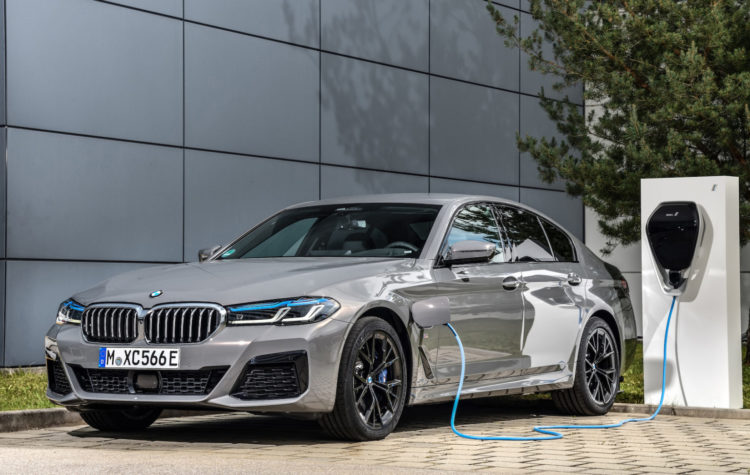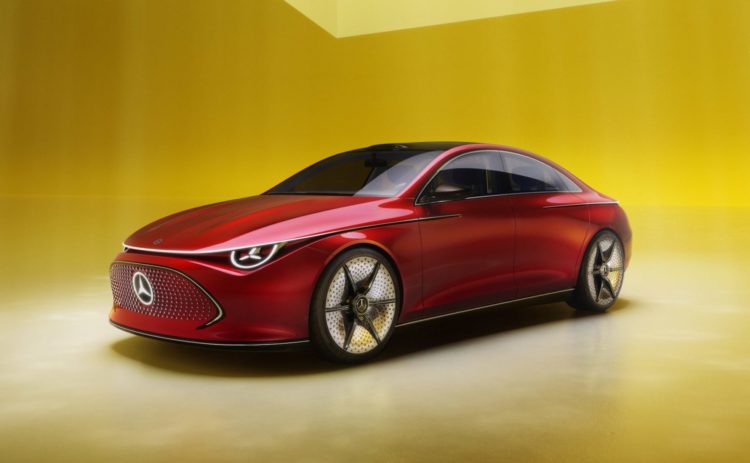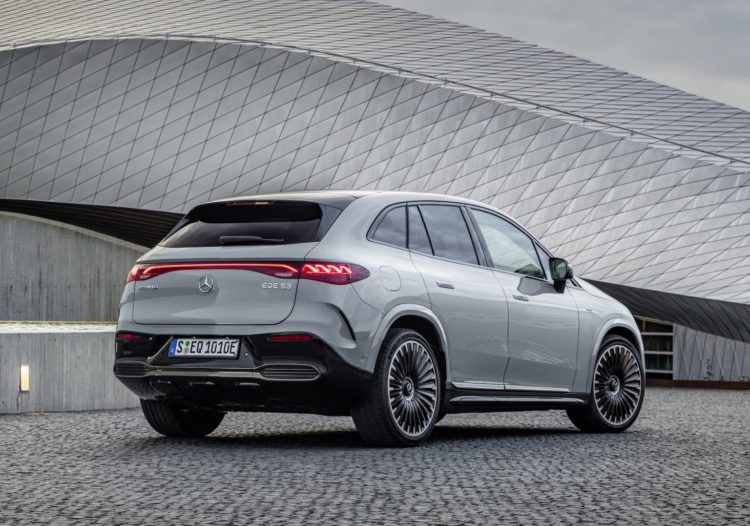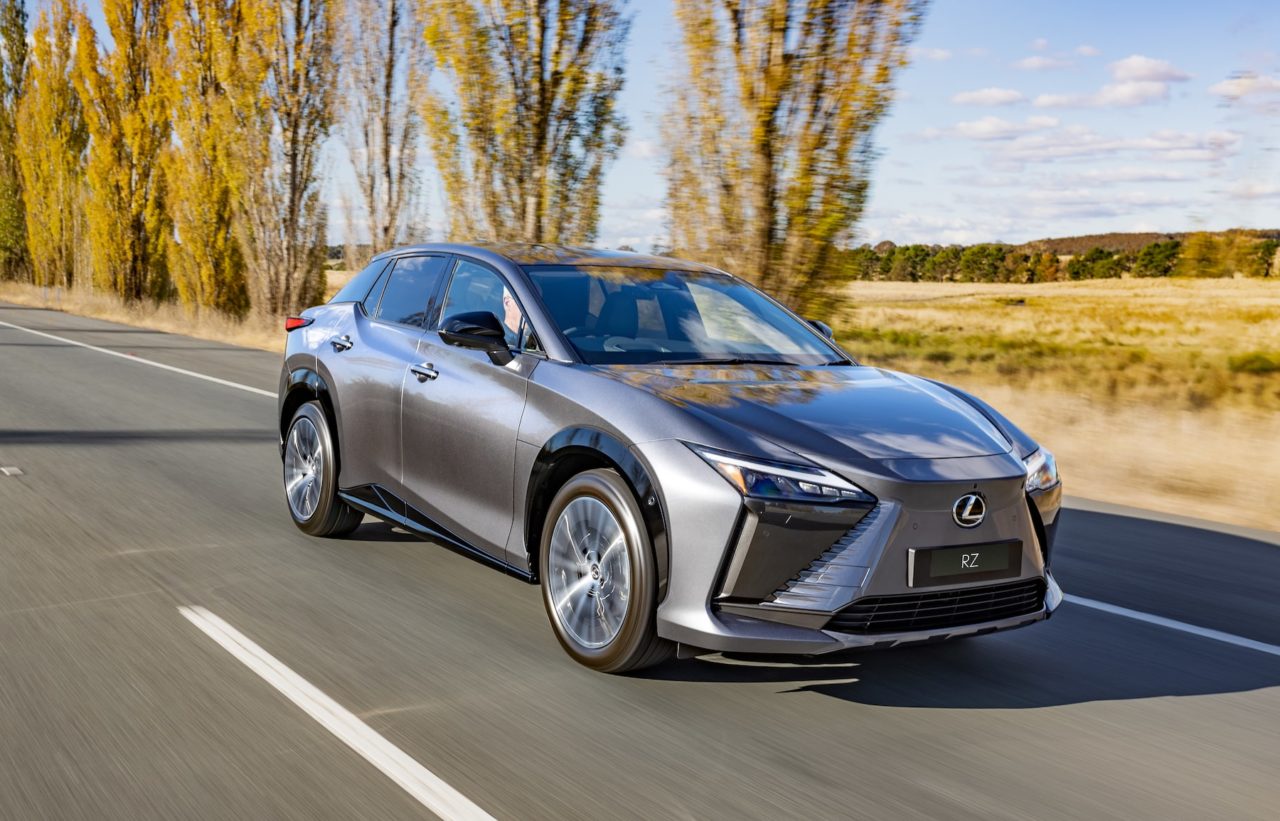Sales of BMW and Mercedes-Benz vehicles in the Chinese market have dipped in recent months, signifying a potential struggle to maintain sales traction in the land of the Red Dragon.
The news comes courtesy of a report from Reuters, who found that both BMW and Mercedes-Benz saw their third-quarter sales drop in China amidst supply chain issues and an ever-growing list of price cuts from domestic rivals looking to snap up a greater slice of China’s gargantuan automotive market.
 All up, global sales of Mercedes-Benz vehicles are down 4% in the third quarter over the same point last year, though, with Reuters stating that “the company said it was still on track to meet its full-year guidance for flat sales growth.”
All up, global sales of Mercedes-Benz vehicles are down 4% in the third quarter over the same point last year, though, with Reuters stating that “the company said it was still on track to meet its full-year guidance for flat sales growth.”
Sales of Mercedes-Benz vehicles dropped a considerable 12 per cent over the third quarter in 2022, with global sales standing at 510,600 units, an increase of 2% YTD over 2022’s sales figures.
Domestic rival BMW posted 621,699 sales globally in the same July-September quarter, noting that deliveries for BMW and Mini models in China had dropped 1.8 per cent, while year-to-date sales were up 1.7 per cent in China.
 Mercedes-Benz has issued a statement saying that “volumes were impacted by a model changeover for the E-Class and a supply chain bottleneck which constrained availability of the GLC SUV.”
Mercedes-Benz has issued a statement saying that “volumes were impacted by a model changeover for the E-Class and a supply chain bottleneck which constrained availability of the GLC SUV.”
According to the report, “carmakers have struggled in China this year with weakened demand and deepening price competition.”
A notable example of the vicious price cutting strategies taking place in the Chinese automotive world can be found in Tesla’s recent move to consistently slash prices for its Model X and Model Y in China after Tesla saw its sales drop 31% between June and July of this year.

